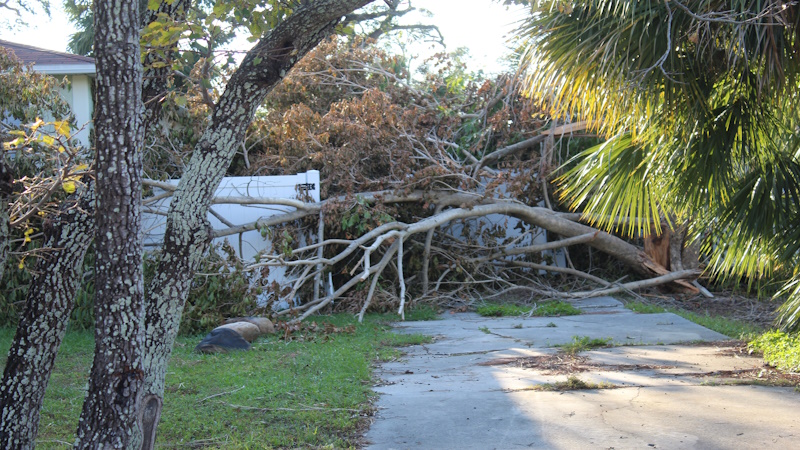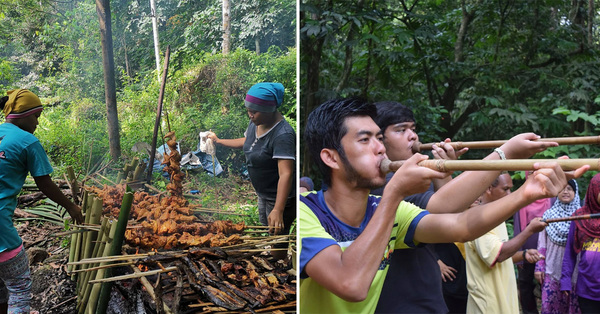In an unpredictable and rapidly changing world, possessing a diverse set of survival skills has never been more important. From unexpected natural disasters to unforeseen personal crises, having the knowledge and abilities to navigate challenging situations can mean the difference between life and death. Survival skills are not only relevant for extreme scenarios but also empower individuals to tackle everyday challenges with greater confidence and resilience. In this article, we will delve into a ranSurvivalge of essential survival skills that can equip you to thrive in a variety of unexpected circumstances.
1. Basic First Aid and Medical Skills
One of the most crucial survival skills to acquire is a basic understanding of first aid and medical care. Accidents and injuries can occur at any time, and being able to provide immediate assistance can be lifesaving. Learning CPR, wound cleaning, bandaging techniques, and the proper use of over-the-counter medications can equip you to address injuries and medical issues effectively until professional help arrives.
2. Firecraft and Shelter Building
The ability to create fire and build a shelter are core survival skills that have been essential to human existence for millennia. Fire serves as a source of warmth, protection from predators, a means of cooking food, and a way to purify water. Learning various fire-making techniques using natural materials such as friction-based methods, fire starters, and even using sunlight can be invaluable. Similarly, knowing how to construct shelters from available resources, whether it’s using branches, leaves, or other materials, can provide protection from the elements and wild animals.
3. Water Sourcing and Purification
Access to clean water is paramount for survival. In a crisis situation, having the knowledge to identify potential water sources and the skills to purify water for consumption is essential. Boiling water, using water filters, and employing chemical treatments are effective methods for ensuring the water you consume is safe and free from contaminants, preventing dehydration and waterborne illnesses.
4. Navigation Skills
Becoming lost in unfamiliar terrain can quickly become life-threatening. Navigational skills are crucial for finding your way back to safety. Understanding how to use maps, compasses, and even natural indicators like the position of the sun or stars can help you determine direction and navigate effectively. This skill becomes particularly vital when venturing into remote or unknown areas.
5. Wilderness Food Foraging
While stored food is important, the ability to identify edible plants and forage for food in the wild can provide sustenance when resources are scarce. However, it’s crucial to approach this skill with caution and extensive knowledge to avoid consuming poisonous plants. Consider carrying a field guide on edible plants specific to your region to assist you in identifying safe food sources.
6. Basic Self-Defense
In situations where danger is present, basic self-defense skills can mean the difference between escape and harm. Learning techniques for protecting yourself, understanding vulnerable areas on an attacker’s body, and practicing situational awareness can greatly increase your chances of staying safe.
7. Emergency Signaling
When stranded or in distress, being able to signal for help can be a lifesaver. Knowledge of emergency signaling techniques, such as using mirrors to reflect sunlight, using whistles, or building signal fires, can attract attention and communicate your need for assistance to potential rescuers.
8. Emotional Resilience and Adaptability
Survival skills extend beyond the physical realm. Emotional resilience is the ability to maintain a positive mindset, adapt to changing circumstances, and manage stress and fear effectively. Developing mental fortitude can keep you focused and motivated even when faced with adversity, increasing your chances of successfully navigating challenging situations.
9. Basic Tool Crafting
Crafting basic tools from natural materials is an advanced survival skill that can significantly enhance your chances of survival. Skills such as making rope from plant fibers, fashioning a hunting weapon or fishing implements, and creating containers from bark or leaves showcase resourcefulness and innovation.
10. Weather Prediction
Understanding weather patterns and being able to predict changes is essential for making informed decisions about shelter, clothing, and travel. By observing cloud formations, wind direction, and other natural indicators, you can anticipate weather changes and take appropriate actions to prevent exposure to extreme conditions.
Conclusion
In a world marked by uncertainty and unpredictability, possessing a diverse skill set is crucial for survival. From mastering basic first aid and shelter-building to honing navigation and emotional resilience, these skills empower individuals to tackle unexpected challenges with confidence and adaptability. By investing time and effort into learning and practicing these essential survival skills, you not only increase your chances of surviving extreme situations but also enhance your ability to navigate everyday hurdles. Remember, preparation and education are the keys to successfully confronting any scenario that life throws your way.



